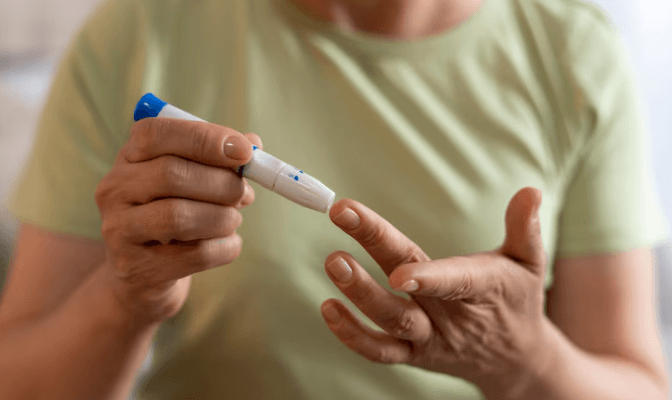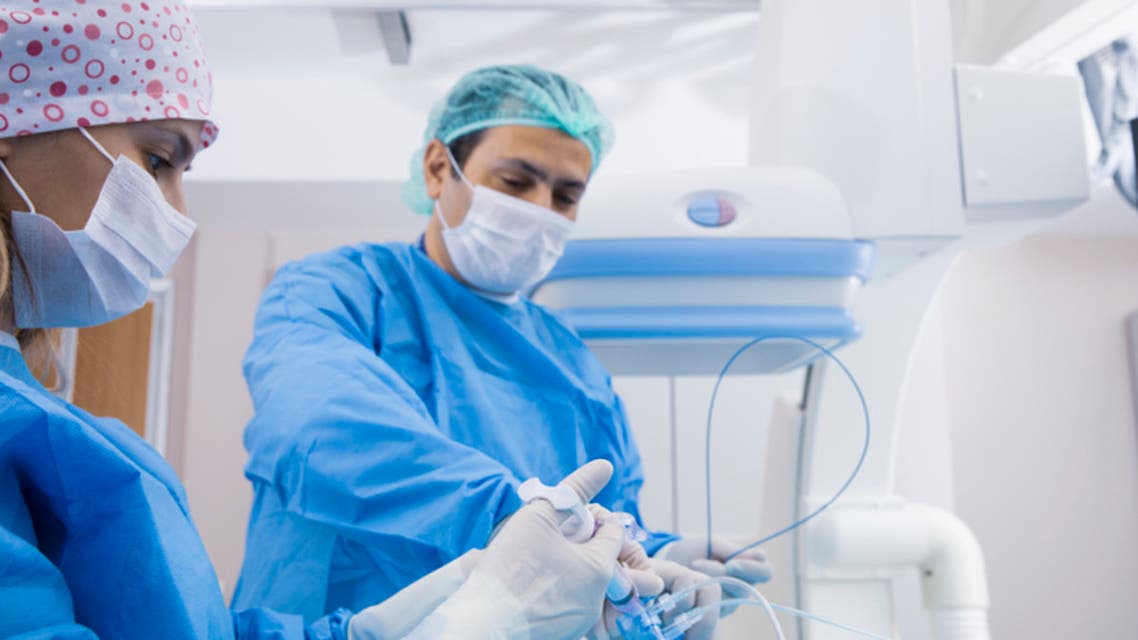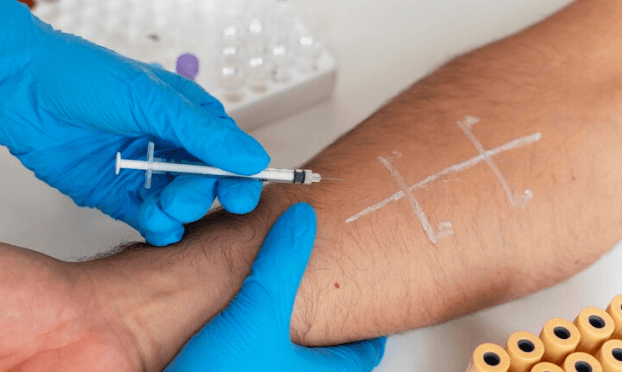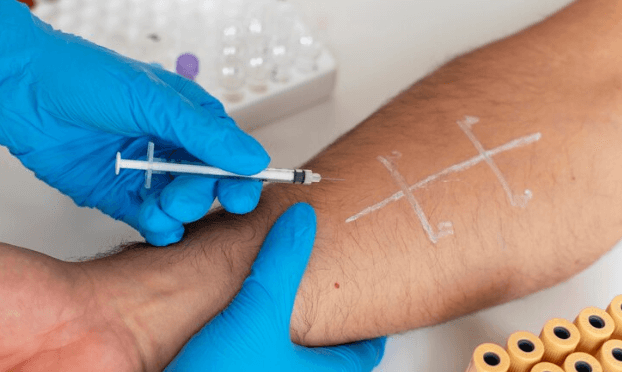Have you ever wondered why your doctor asks for an HbA1c test during your regular checkups, especially if you’re at risk for diabetes? The HbA1c test, also known as the glycated hemoglobin test, is a powerful diagnostic tool that gives a clear picture of your blood sugar levels over the past three months. Unlike a random blood sugar test, which shows your glucose level at a specific moment, this test dives deeper into long-term trends, helping doctors make informed decisions about your health.
Let’s explore why this test is so crucial and how it benefits your health.
What Is an HbA1c Test?
The HbA1c test measures the percentage of hemoglobin in your blood that has glucose attached to it. Since red blood cells live for about 90 days, this test provides an average of your blood sugar levels over the past three months.
For instance, if someone’s HbA1c level is higher than 6.5%, it may indicate diabetes. Levels between 5.7% and 6.4% suggest prediabetes, while anything below 5.7% is generally considered normal.
This test is especially helpful for diagnosing diabetes, monitoring the effectiveness of treatment plans, and identifying early warning signs of potential complications.
Why Your Doctor Recommends the HbA1c Test
1. It Helps Diagnose and Monitor Diabetes
If you’ve been experiencing symptoms like excessive thirst, frequent urination, or unexplained weight loss, your doctor might recommend an HbA1c test to rule out diabetes or prediabetes. This test is reliable and doesn’t require fasting, making it convenient for patients.
For those already diagnosed with diabetes, it’s a critical tool to monitor how well their blood sugar levels are being managed. An HbA1c test result can reveal whether your current medications, diet, and exercise routines are working effectively or need adjustments.
2. It Detects Hidden Health Risks
Did you know that nearly half of people with diabetes are unaware of their condition? That’s where the HbA1c test becomes a lifesaver. It helps catch high blood sugar levels before they spiral into severe complications like kidney damage, heart disease, or nerve issues.
Take Ramesh, a 45-year-old marketing professional in Delhi, for example. He felt fine but decided to get a full health checkup, including an HbA1c test. To his surprise, his results showed he was in the prediabetic range. With this early diagnosis, he started making lifestyle changes, such as reducing sugar intake and walking daily, which helped him avoid developing diabetes altogether.
3. It’s Simple and Accessible
Living in a bustling city like Delhi means juggling a busy schedule. The good news is that the HbA1c test in Delhi is widely available in diagnostic centers and hospitals, making it easy for residents to access this important test. It’s quick, painless, and doesn’t require any special preparation, so you can fit it into your routine without any hassle.
How You Can Prepare for the Test
Even though the HbA1c test doesn’t require fasting, it’s always a good idea to consult your doctor about any medications or conditions that could affect your results. If you’ve recently undergone a blood transfusion or have anemia, let your healthcare provider know, as these factors may influence the accuracy of the test.
Take Charge of Your Health
The HbA1c test is more than just a number—it’s a window into your health. Whether you’re managing diabetes, trying to catch it early, or simply want to stay proactive, this test offers invaluable insights.
If you’re considering getting an HbA1c test in Delhi, schedule one today at a trusted diagnostic center. Early detection can make all the difference in preventing complications and leading a healthier life. Remember, your health is in your hands, and small steps today can lead to a brighter, healthier tomorrow.
By understanding the importance of the HbA1c test, you empower yourself to take charge of your well-being. So, why wait? Prioritize your health and get tested!











